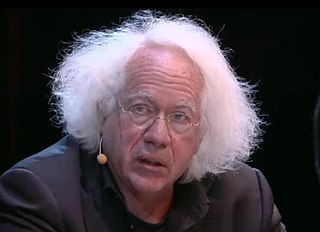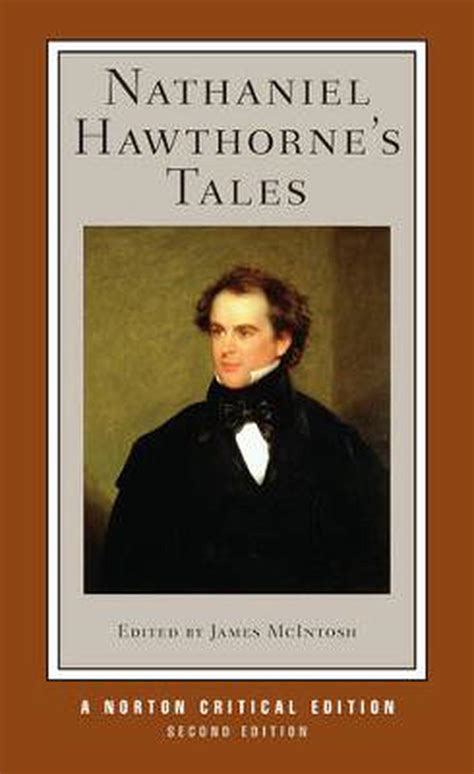A Quote by Leon Wieseltier
Related Quotes
Everywhere the tendency has been to separate religion from morality, to set them in opposition even. But a religion without morality is a superstition and a curse; and anything like an adequate and complete morality without religion is impossible. The only salvation for man is in the union of the two as Christianity unites them.
See, then, how powerful religion is; it commands the heart, it commands the vitals. Morality,--that comes with a pruning-knife, and cuts off all sproutings, all wild luxuriances; but religion lays the axe to the root of the tree. Morality looks that the skin of the apple be fair; but religion searcheth to the very core.
In his address of 19 September 1796, given as he prepared to leave office, President George Washington spoke about the importance of morality to the country's well-being: Of all the dispositions and habits which lead to political prosperity, Religion and Morality are indispensable supports. . . . And let us with caution indulge the supposition that morality can be maintained without religion. . . . Can it be that Providence has not connected the permanent felicity of a Nation with its virtue?
Politics and morality are inseparable. And as morality's foundation is religion, religion and politics are necessarily related. We need religion as a guide. We need it because we are imperfect, and our government needs the church, because only those humble enough to admit they're sinners can bring to democracy the tolerance it requires in order to survive.
We're always projecting our moral categories on things. I think that's inevitable. But capitalism places no particular value on morality. Morality in the market is enforced by contract and regulation and law, because morality is understood to be in conflict with the motive force of greed and accumulation.
Some people automatically associate morality and altruism with a religious vision of the world. But I believe it is a mistake to think that morality is an attribute only of religion. We can imagine two types of spirituality: one tied to religion, while the other arises spontaneously in the human heart as an expression of love for our neighbors and a desire to do them good.
where Nietzsche's response to the equation of socialism and morality was to question the value of morality, at least as it had been customarily understood, economists like Mises and Hayek pursued a different path, one Nietzsche would never have dared to take: they made the market the very expression of morality.




































